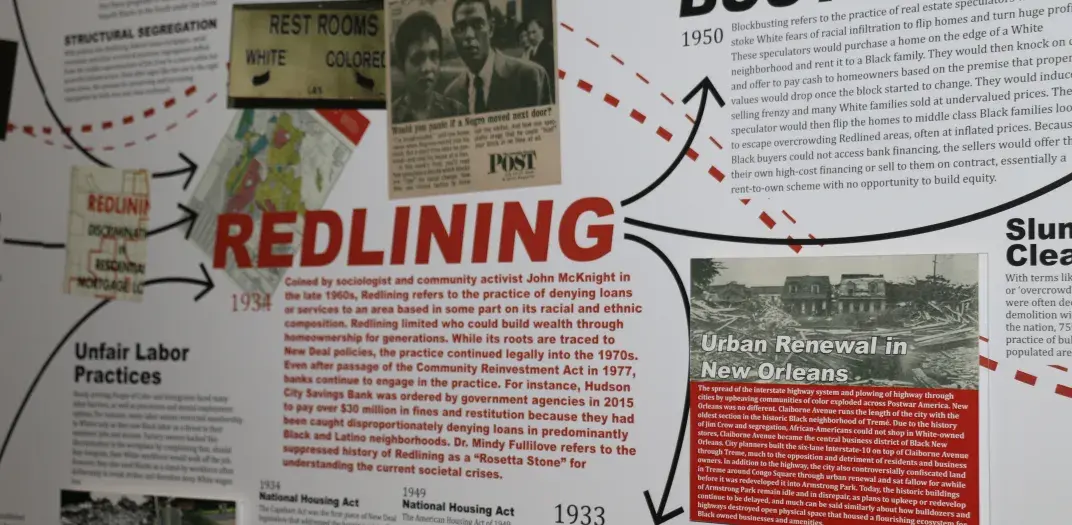We advocate to protect the Fair Housing Act, which makes it illegal to turn away renters because of their race, color, religion, national origin, disability, or gender orientation.
In addition to our policy work, our advisory team supports local and state governments in developing their fair housing plans. We provided input to the U.S. Housing and Urban Development (HUD) on the Affirmatively Furthering Fair Housing (AFFH) Assessment Tool that grantees will use to complete a fair housing plan, and together with our partners at ICF and Abt Associates, assisted HUD in developing a strategy for implementation of the proposed AFFH rule.
Issue Background
The Fair Housing Act of 1968 is the last chapter in the landmark Civil Rights legislation that includes the Civil Rights Act of 1964 and the Voting Rights Act of 1965. The Fair Housing Act outlaws the refusal to sell or rent to a person or family because of their race, color, religion, and national origin (later amendments included protections for those with disabilities or gender orientation).
The Fair Housing Act also went one step further with the intention of dismantling the causes for segregation by requiring a standard of Affirmatively Furthering Fair Housing (AFFH). The AFFH Act states that “[a]ll executive departments and agencies shall administer their program and activities relating housing and urban development (including any federal agency having regulatory or supervisory authority over financial initiations) in a manner affirmatively to further the purposes of this subchapter.”
While disparate impact is not mentioned in the Fair Housing Act per se, it has been used to argue discrimination in fair housing laws or practices that are not direct forms of discrimination but may have the same effect by unintentionally impacting minorities and other protected classes. Disparate impact was first used successfully to argue discrimination cases in employment law.
AFFH Technical Assistance
Advisory Services was assigned $1.75 million in AFFH technical assistance (TA) funds to provide technical assistance to local and state governments in developing their fair housing plans. Since the publication of the proposed rule, Enterprise has provided HUD with input on the AFFH Assessment Tool that grantees will use to complete a fair housing plan and collaborated with ICF and Abt Associates to assist HUD on the development of a technical assistance strategy for implementing the proposed AFFH rule. If HUD finalizes the proposed rule, Enterprise and its partners will provide nationwide training and TA to help HUD grantees develop fair housing plans.

